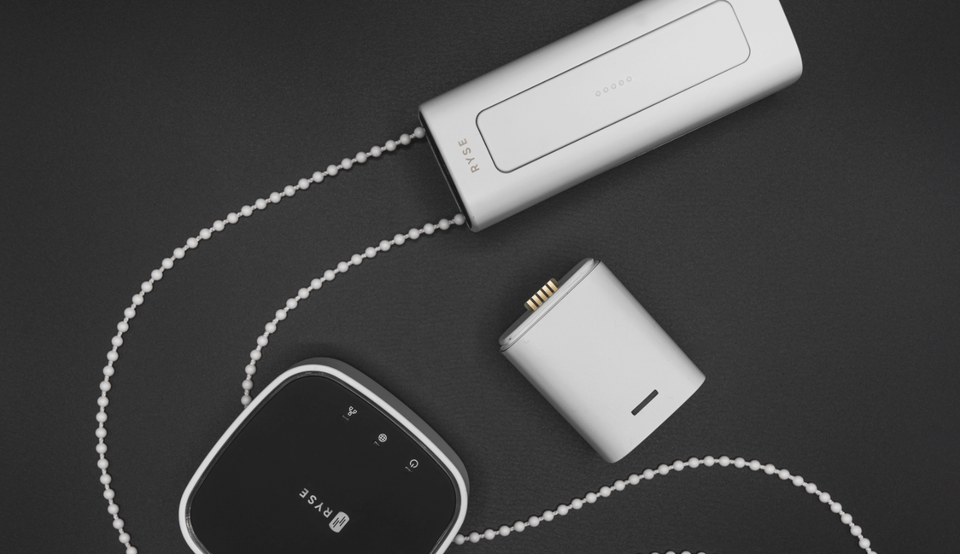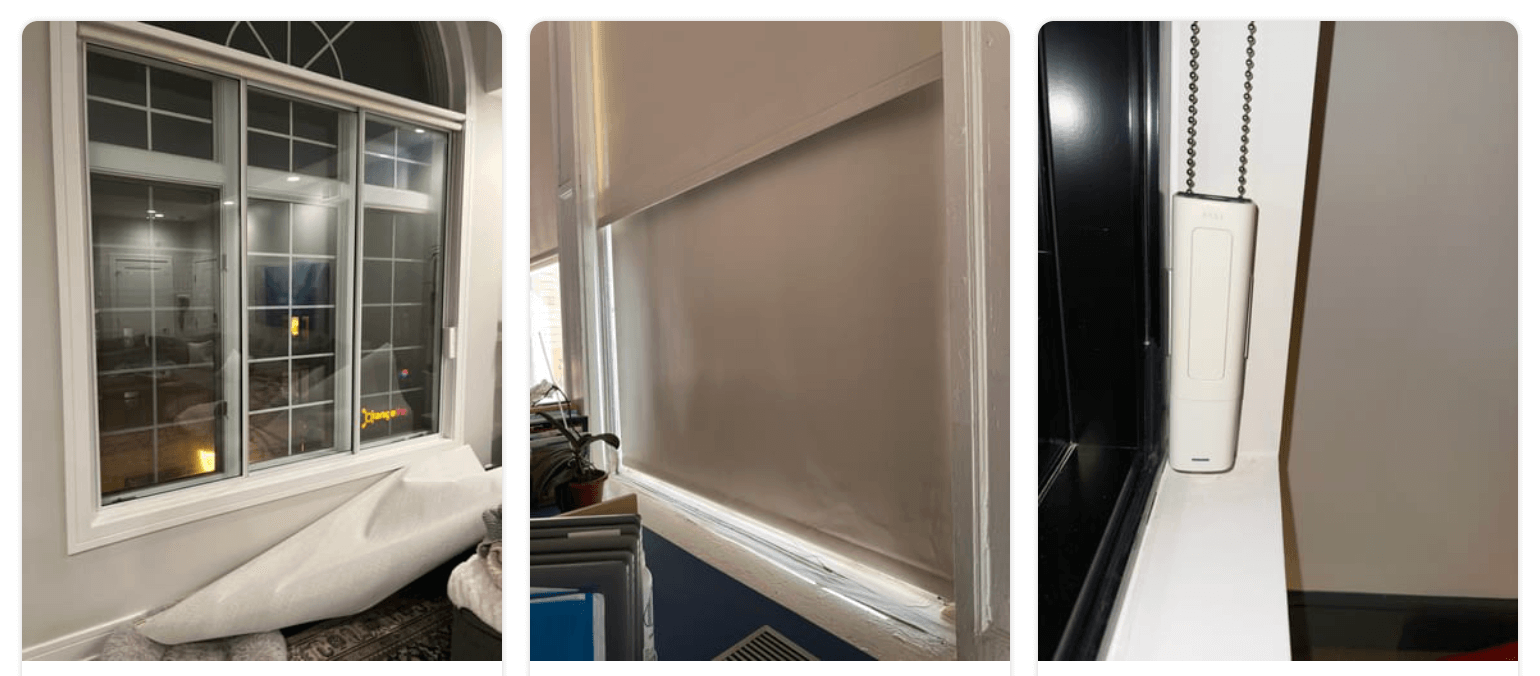Missed This?


A bunch of AI headlines piled up all at once like shopping carts that refused to steer straight. Devin is the headline grabber, sold as an AI software engineer that takes a ticket, plans the work, writes the code, runs tests, and even opens a pull request.
Bolt.new is the browser buddy that spins up a full dev environment right in a tab so you can prompt, run, edit, and ship without opening a single desktop app.
Walmart jumped in with its own AI super-agents and said out loud what everyone whispers in meetings; AI is going to change every job. Then Periodic Labs raised three hundred million dollars to build an AI scientist that does the whole scientific cycle, from idea to experiment to learning from the data and back again.
Meanwhile Hollywood met an AI character named Tilly and responded with the energy of a thousand talent agents. And because the American plot always wants spice, Washington slid into a partial shutdown right as everyone was talking about automation.
Let’s translate the noise; Devin and Bolt.new are not cute autocomplete tools, they are interns who never sleep and insist on shipping. Sometimes they hand you something brilliant, sometimes they helpfully reorganize your files in alphabetical chaos. Your job is to review before the chaos hits production.
Walmart is telling the world to stop pretending, some tasks will be automated. New jobs like agent developer are popping up. Think of it as adding a fast junior teammate who occasionally breaks the build and occasionally saves the quarter.
Periodic’s AI scientist is the lab version of that idea, this is not “summarize a paper.” This is “come up with a hypothesis, run the robot, check the results, try again, and get smarter.” If they pull it off, discovery cycles shrink from years to quarters. You can already hear ten industries sharpening their pencils.
Tilly is the cultural stress test. Unions said Tilly is a character, not a performer. Actors said the product is human connection. Studios saw line items that might get cheaper. The public did what the public always does and reached for popcorn while arguing about art and ethics in the same breath. It is the same question everyone else is facing. If AI can do the work, who gets consent, who gets paid, and will people actually buy it?
While the private sector revs its engines, Washington parked on the shoulder. A partial shutdown that began on October 1 slowed civilian functions, scrambled economic data, and pulled staff from places you actually want staffed. E-Verify stalled which made HR departments sigh in unison. CISA reduced coverage during Cybersecurity Awareness Month which is a joke the internet would reject for being too on the nose. None of this stops private AI work, but it throws sand in the gears of anything that touches federal data, approvals, or grants.
Why should you care if you are a founder, a VP, an engineer, a marketer, a teacher, an ops lead, or just a person with a to-do list and a stubborn coffee stain on your shirt. Because AI is moving from assist to do. When the largest private employer says every job changes, that includes yours. If you do not design the change, the change will be designed for you, probably by someone who thinks your entire role can be replaced by a script named after a fruit.
What if this week you test AI in small, safe ways? What if you start with one small repo in engineering and let an agent handle low-risk tasks, while you still review everything yourself? If you’re running a business unit, what if you map one workflow and see if an agent can take over just the repeatable steps?
In labs, what if you write the safety rules first before getting carried away with demos? If you’re in media or HR, what if you put together a short, clear policy on likeness and consent so you don’t deal with bigger issues later? For hiring, what if you have a backup plan in case systems like E-Verify stall? And as an individual contributor, what if you pick one tool and one small task this month, treating it like an eager intern who’s here to help you learn?
E-mail me a five hundred to nine hundred word personal essay about how you are trying, failing, or winning with AI at work.
Keep it original. We want your voice, not a copy of a copy.
If you include a short video and one image in 16 by 9 at a minimum width of 1238 pixels and we publish it, we will pay $500 within 48 hours of the newsletter going out.
Pitch a concise outline first so we can confirm interest before you write.
Only after you receive written confirmation from Matt Masinga and Credtrus AI should you draft the full article.
Send your outline to matt@credtrus.ai.
Best,
Matt Masinga
*Disclaimer: The content in this newsletter is for informational purposes only. We do not provide medical, legal, investment, or professional advice. While we do our best to ensure accuracy, some details may evolve over time or be based on third-party sources. Always do your own research and consult professionals before making decisions based on what you read here.




